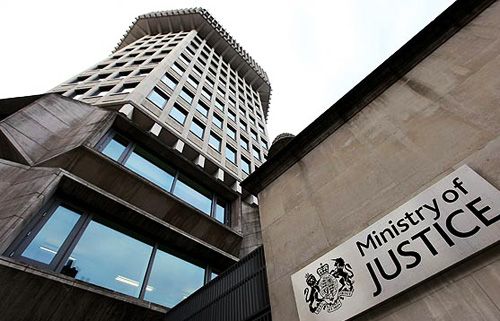
Section 21 evictions are at their highest level since June 2016, after 8,425 households in England were taken to court under the law between July and September, the Ministry of Justice (MoJ) reveals.
The latest data shows an increase from the 8,317 between April and June, and the highest since April to June 2016, when 9,330 were affected.
Section 21 is a so-called ‘no fault’ eviction, where landlords in England do not need to provide a reason for evicting the tenant and can kick them out within just two months.
In March 2024, former Chancellor Jeremy Hunt cut capital gains tax on residential property, which appears to have prompted some landlords to put their properties up for sale, and evict their tenants in the process.
While the Renters’ Rights Bill will outlaw evictions that are not made with a valid reason, selling the home will be a valid ground for eviction.
However, Generation Rent has called on the government to swiftly introduce longer periods of protection for tenants, and require landlords to compensate tenants forced to to move.
Generation Rent chief executive Ben Twomey says: “Encouraging landlords to sell when their tenants have no protections and face having to find a new home with no support was an utterly reckless decision by Jeremy Hunt. Today’s numbers show that it has led to yet more renters’ lives being uprooted.”
“While the Renters’ Rights Bill will rightly give tenants four months’ notice to move if their landlord sells up, renters will still have to raid savings or borrow money to fund a move for their landlord’s convenience.”
“Where tenants face eviction for reasons beyond our control, we need more time in our homes and financial support with the costs of moving.”
The National Residential Landlords Association (NRLA) and the Housing Select Committee in the last parliament have previously warned that courts risk becoming “overwhelmed” with possession claims after the end of Section 21 unless they are properly funded.
NRLA chief executive Ben Beadle said: “The end of Section 21, ‘no explanation’ repossessions represents the biggest change to the sector for over 30 years. Once the Bill is passed, it is vital that sufficient time is provided to enable the sector to properly prepare.”
Beadle explained that ending Section 21 “will leave the courts needing to hear possession claims where landlords have a legitimate reason”.
“The cross-party Housing Select Committee has warned that without reforms to ensure the courts process cases much more swiftly, they risk becoming overwhelmed. This will not serve the interests of tenants or landlords seeking justice.”



